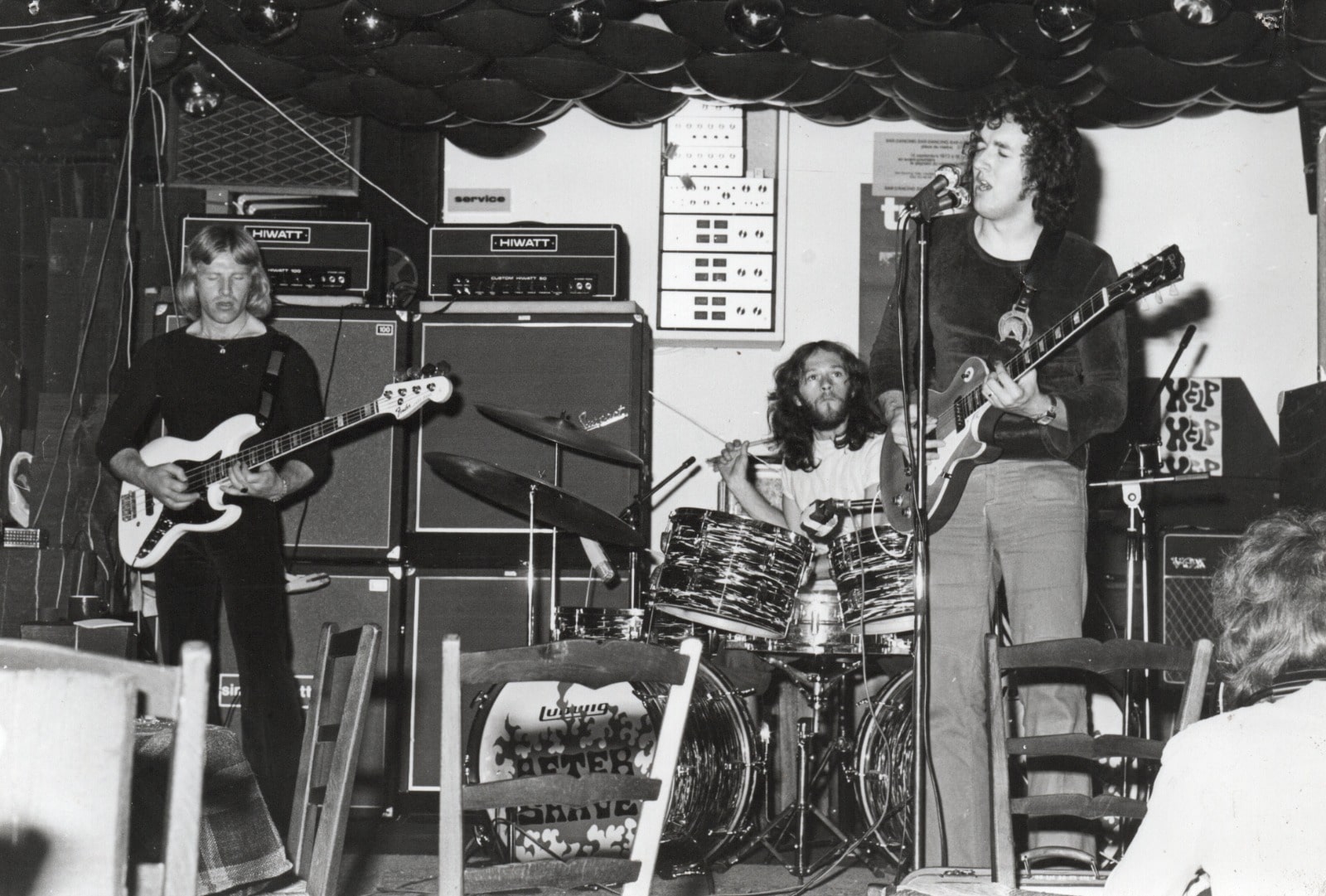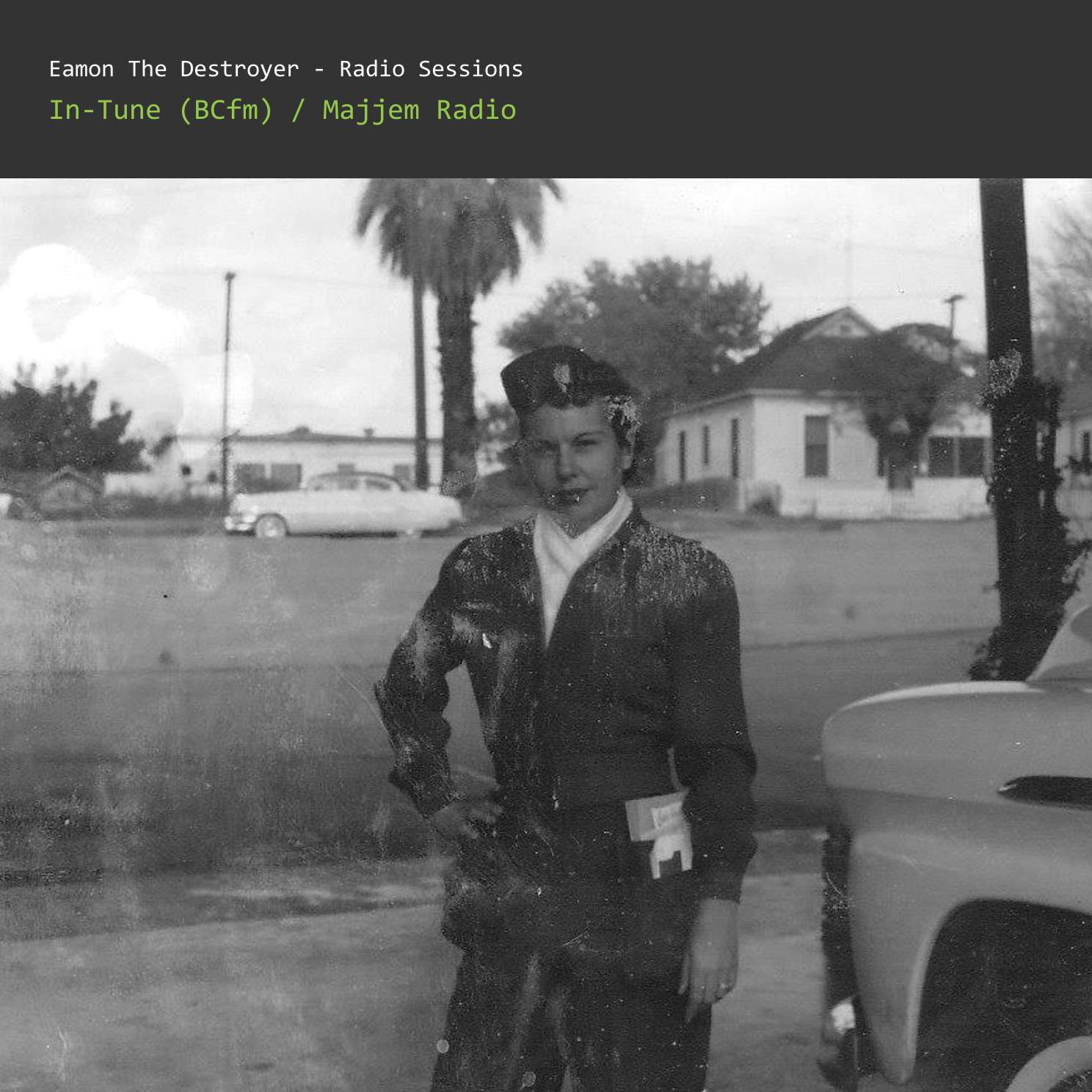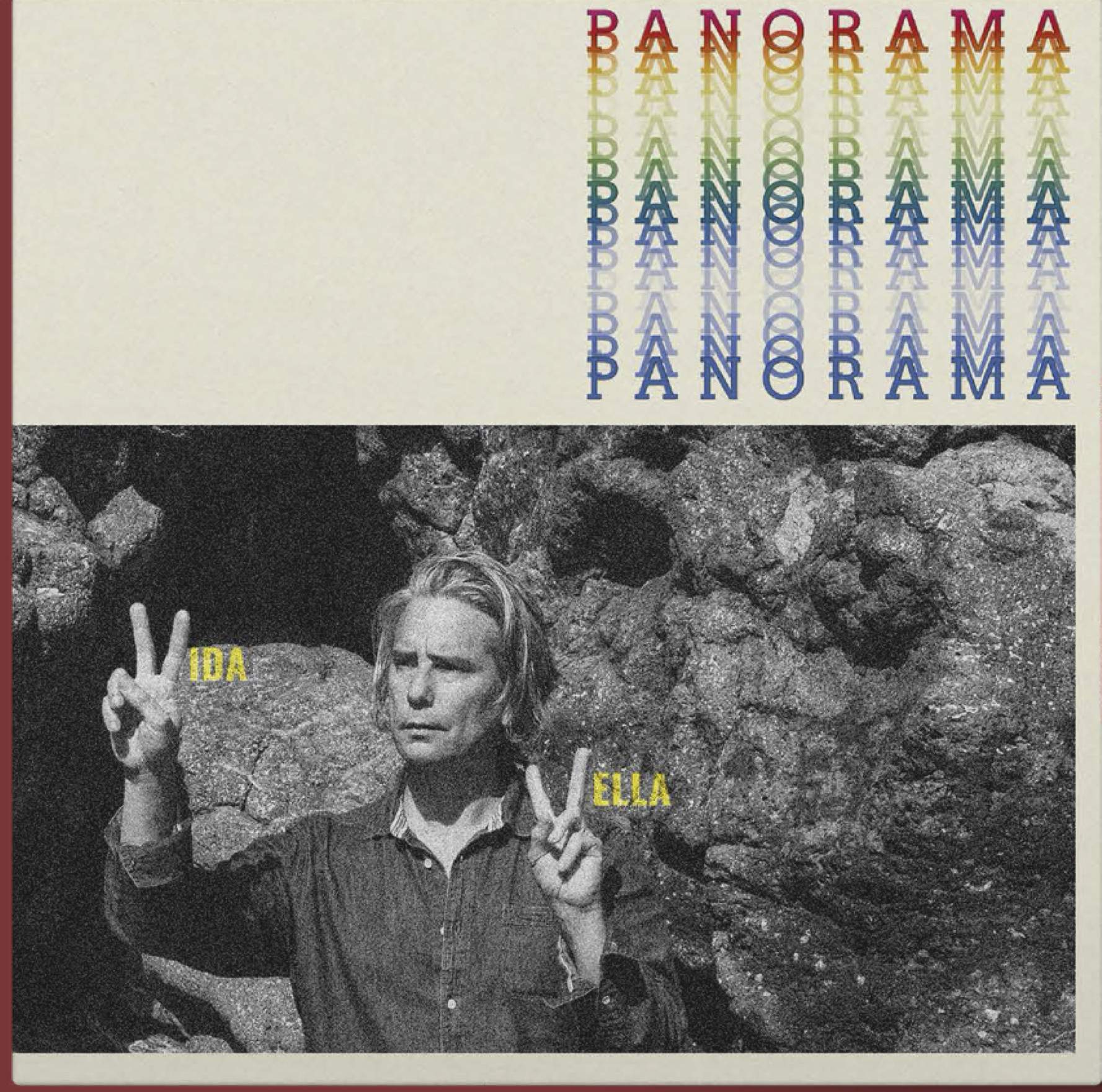Lightmaker | Interview
Lightmaker is a psychedelic doom band from New York City. Their self titled debut darkens your soul with six mesmeric, ultra slow hymns that cater to the broken human psyche and embrace the traditional doom aesthetic, both lyrically and musically, as mankind seem to forever wander in unending end times.
“Unpolished, raw, emotive.”
Would you like to talk a bit about your background?
Jade: I’m originally from Colorado. My parents are life-long rock musicians, so I was raised to really value music and music-making. I spent my younger years obsessively seeing live bands and surrounded myself with musicians, artists, rockers and weirdos. Denver has an amazing underground punk, metal, and rock n’ roll scene. I owe a lot to being exposed to that world from a young age (“Denver 666!”). In fact, my approach to writing and vocals is still very punk-oriented: unpolished, raw, emotive. In 2012, my friends and I formed a 70’s proto-metal/Pagan Altar/Coven style band, Dead Temple. I had a blast playing with them until I split the country in 2015. In 2017, I came back to the US, moved to New York, and was looking for a new musical project. After several shady Craigslist encounters I found Jack and Brian in 2018. I really loved their sound, approach, and personalities. They’ve been stuck with me since.
Brian: I come from the San Francisco Bay Area and spent years playing in psych and prog rock bands. I moved to Brooklyn over a decade ago and played in a bunch of local bands before starting Lightmaker with Jack and Jade. I’m actually mainly a bass player but had a hankering to play drums in a doom band so this is really my first foray into this style of drumming.
Jack: I’m from Schenectady, NY, 150 miles north of NYC. I guess it’s funny but unsurprising that a band from Brooklyn is all transplants but we had two native New Yorkers playing bass and they both quit. You must need to be an interloper to cop these loping licks.
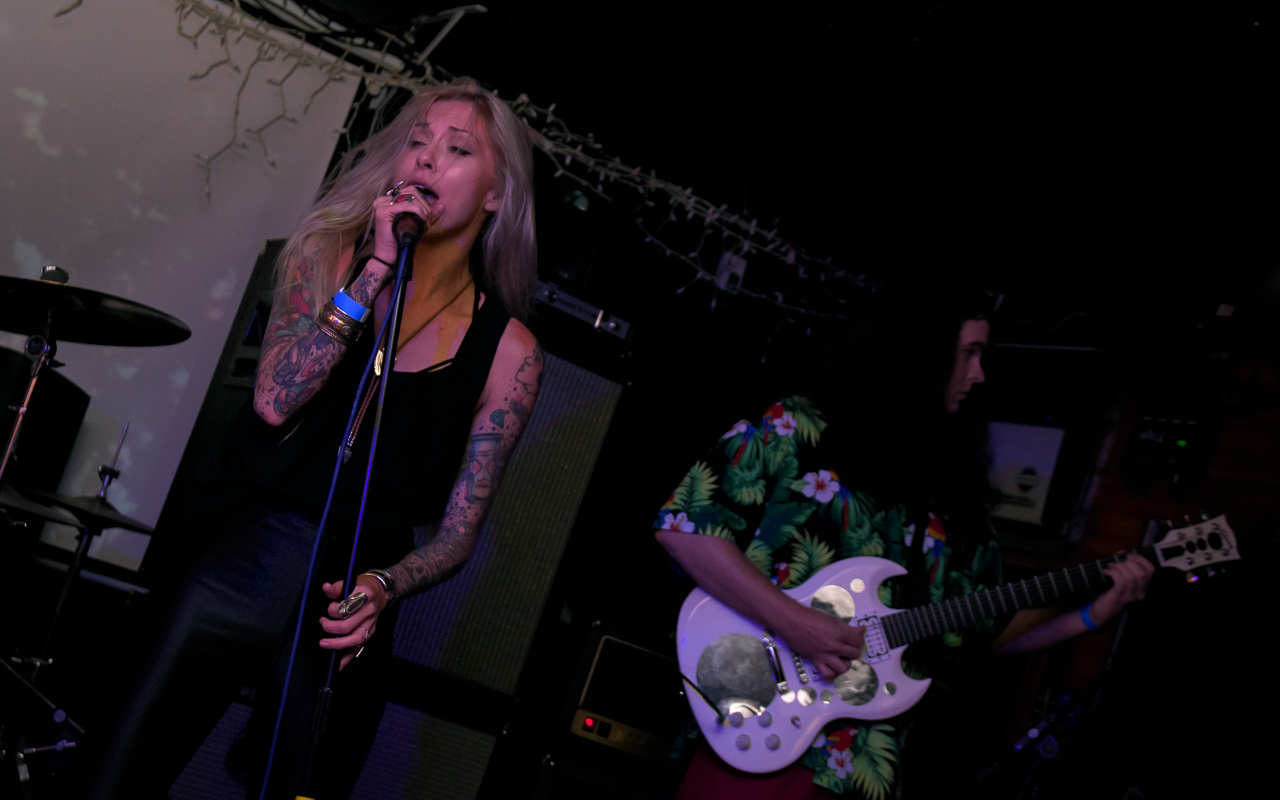
How do you usually approach music making?
Brian: Jack tends to write the bulk of the riffs then we’ll go woodshed them without Jade and put together a basic arrangement. Then, Jade comes in with vocal ideas and we fine-tune everything until it sounds good. Then we change our minds and re-write a few sections just to make things harder on ourselves. Some of the longer songs take months to get right. Some tracks like ‘Sweet Fire’ came together in a couple of practices and just worked right out of the gate.
Jack: I prefer to compose primarily through intuition but inspiration is like holding sand in your fingers: unless you get the full idea on the first try, ideas are most often left to intellect to organize. Sometimes, intellect is able to wrangle something cool on its own without sounding contrived. The penultimate riff of ‘Hanging Crown’ is one such instance. I wanted to write a riff that works its way up chromatically from C while simultaneously working its way down from C an octave higher to triangulate and arrive at the tritone. Not nearly as cool sounding as ‘Black Sabbath’ by Black Sabbath but I like how it turned out.
Jade: I can be rather reclusive and secretive when coming up with words and melodies. I like to record the songs at practice, take them home, listen to them in different places, on different systems, and see where my mind goes. I like to see which of my moods correlates best with the song, and what images pop into my head. From there, I’ll get an idea for a general theme, kick it around in my mind, and hum out some ideas for a few days. Eventually it comes together kind of on its own. It’s a rather odd and annoying process, I’m sure – fortunately these guys are patient and cool about it.
“We were adamant about making the album feel like a live band”
Can you share some further details how your latest album was recorded?
Jade: We worked to maximize our practices beforehand and had a lot already figured out and planned. Of course, we still found ways to experiment and develop in the studio. We were really lucky to have a very open-minded, knowledgeable, and talented producer in Jeff Berner. He almost immediately understood what we were going for while offering advice and insight that tremendously improved the overall sound.
Brian: I think a really key element for us was that we spent almost every day for weeks just playing our songs to a click track until we were completely solid. Then we went into the studio and knocked everything out in a couple of takes. We were adamant about making the album feel like a live band and I think that really managed to come across.
Jack: Jeff made it look effortless getting a huge sound for us. I think that comes down to his skills as an engineer. Everything sounded great immediately out of tracking. I used a Marshall JCM800 and a Matamp GT120 for the guitars. The bass was done through Jeff’s Ampeg V4. One cool tidbit is that the distorted vocals on ‘Mournin’ Blues’ were partially achieved by running them through some little guitar combo amp Jeff had.
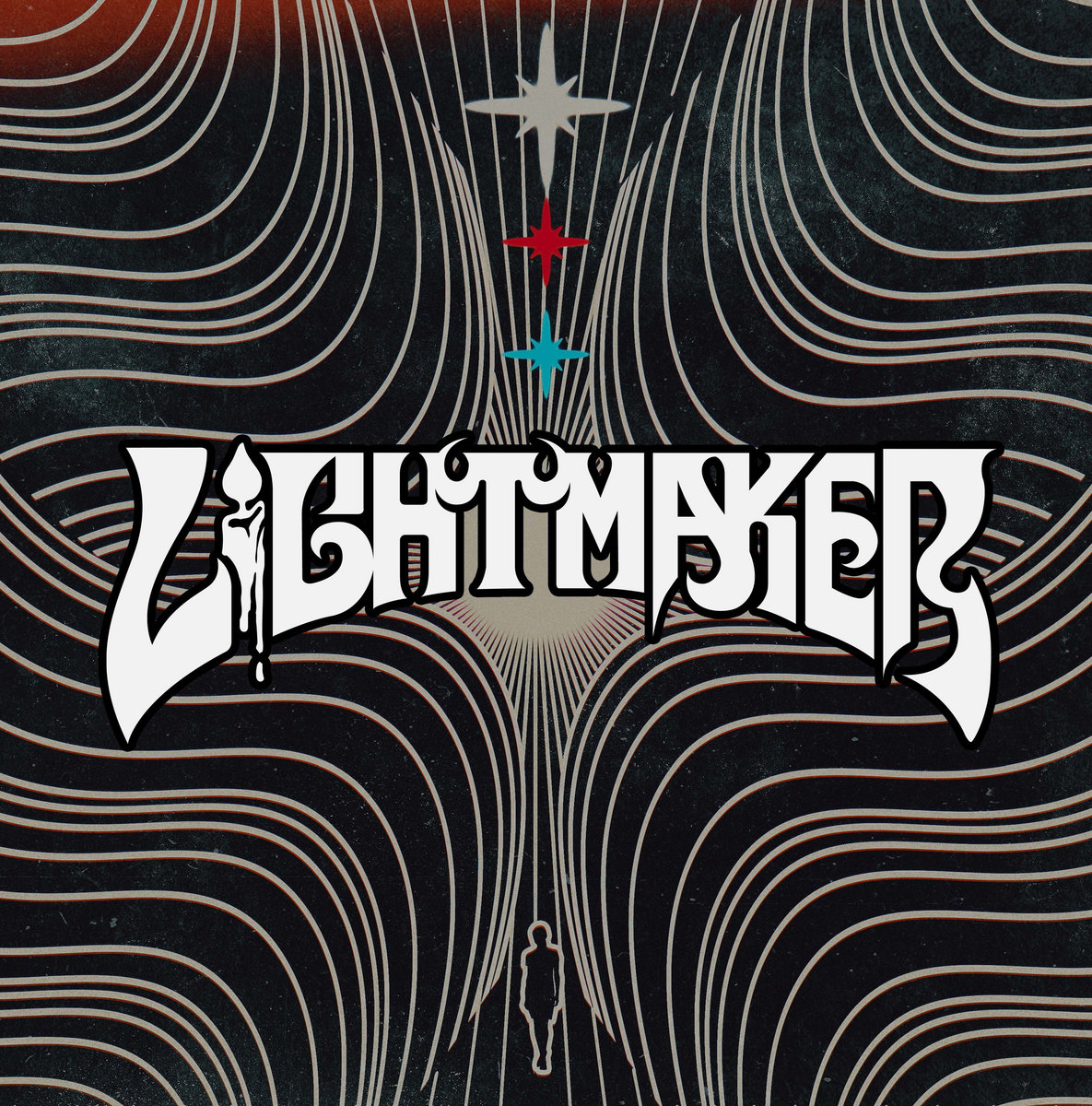
How pleased were you with the sound of the album?
Brian: I’m incredibly pleased. Everyone in the band, Jeff, and his team at Studio G really brought their A-game and seemed to have a shared sense of what we wanted to achieve so it felt like the end result was an even better version of what we set out to do. Also, Plotkin’s mastering is just MASSIVE so that was a real treat when the tracks came back from him.
Jade: I’m very proud of it! Lightmaker has been a personal challenge and exercise in pushing myself to develop as a musician. It’s been rewarding, although at times intimidating. Jack and Brian are life-long, trained musicians. I think I’m more of a fan (and a punk) who fell into being in bands because I had a lot going on in my head that I wanted to express with, among, and to other people.
Jack: Doom is probably one of the hardest genres to produce because all the instruments are competing for the low/low-mid area of the frequency spectrum but Jeff made it all work without anything sounding carved up or unnatural. As Brian said, James Plotkin’s work blew us away as well. I don’t understand much of the magic behind mastering but he did it fairly quickly and somehow managed to make Jeff’s already great mixes sound even more gargantuan.
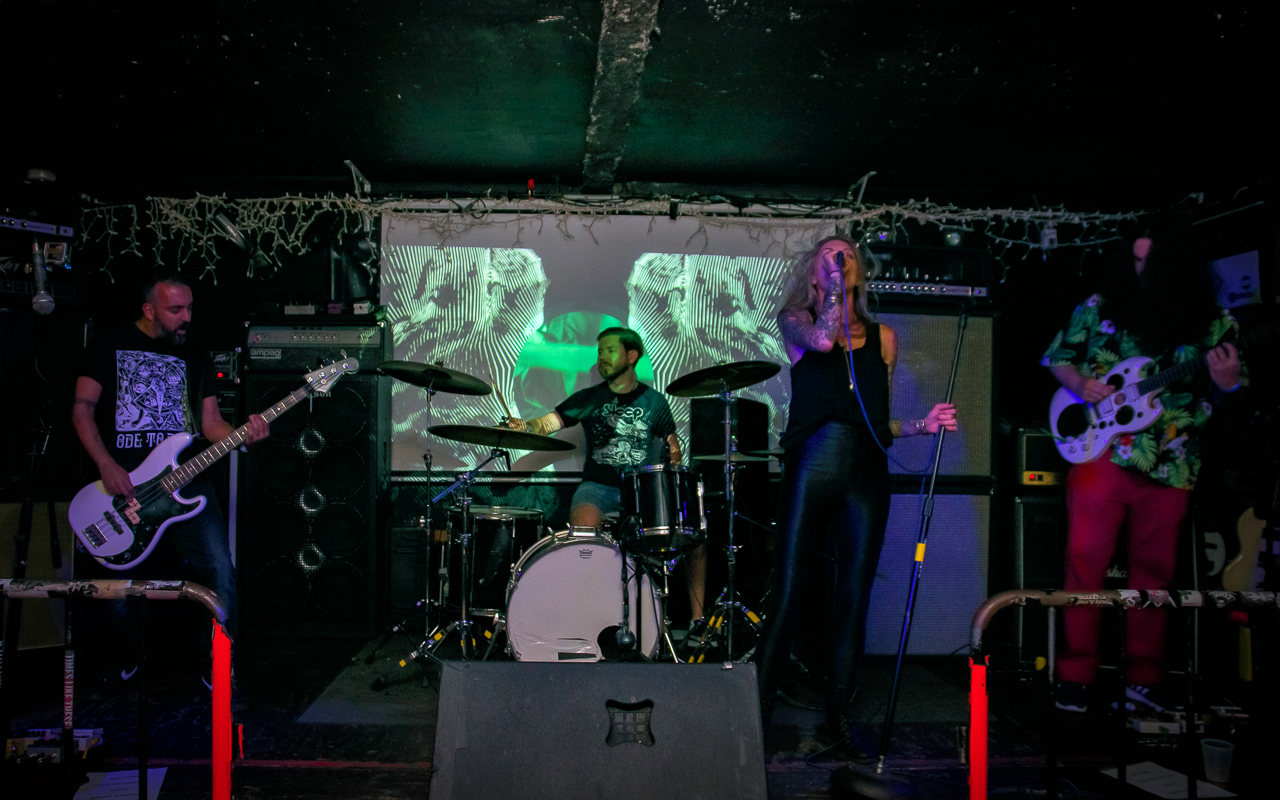
What are some of the bands that influenced you to start Lightmaker?
Jade: When I first heard the music, I obviously envisioned adding something in the vein of Black Sabbath, The Obsessed, Electric Wizard, Acid King, Jex Thoth, and Jefferson Airplane. As time went on, I actually pulled a lot of inspiration from goth influences as well: Sisters of Mercy, Bauhaus, and Siouxsie and the Banshees.
Brian: Some of Jack’s riffs remind me of Duane Dennison from The Jesus Lizard so I find myself writing drum parts in that vein sometimes. I’m a huge fan of Emil Amos (Grails, Om) and Jason Roeder (Neurosis, Sleep) so those influences tend to come through a lot in the spacey sections. I also just love the classics: Bill Ward, John Bonham, and a whole range of rock, funk, jazz, and other drummers so I’m always trying to pull in different vibes to help stretch our sound.
“NYC is a city of constant change.”
You’re from Brooklyn, New York. How are you coping with the current pandemic and what are your predictions for the future? Do you think the music industry will adapt to it?
Brian: NYC is a city of constant change. It has always gone through high points and low points and this is just one of the low points. While it’s been tough here lately and it’s sad to see so many artists leaving the city and venues closing, there’s a sense among some of us that there’s going to be a renaissance in the next couple of years as a backlash to all of this, so I’m incredibly excited to see what the next high point for this city will bring.
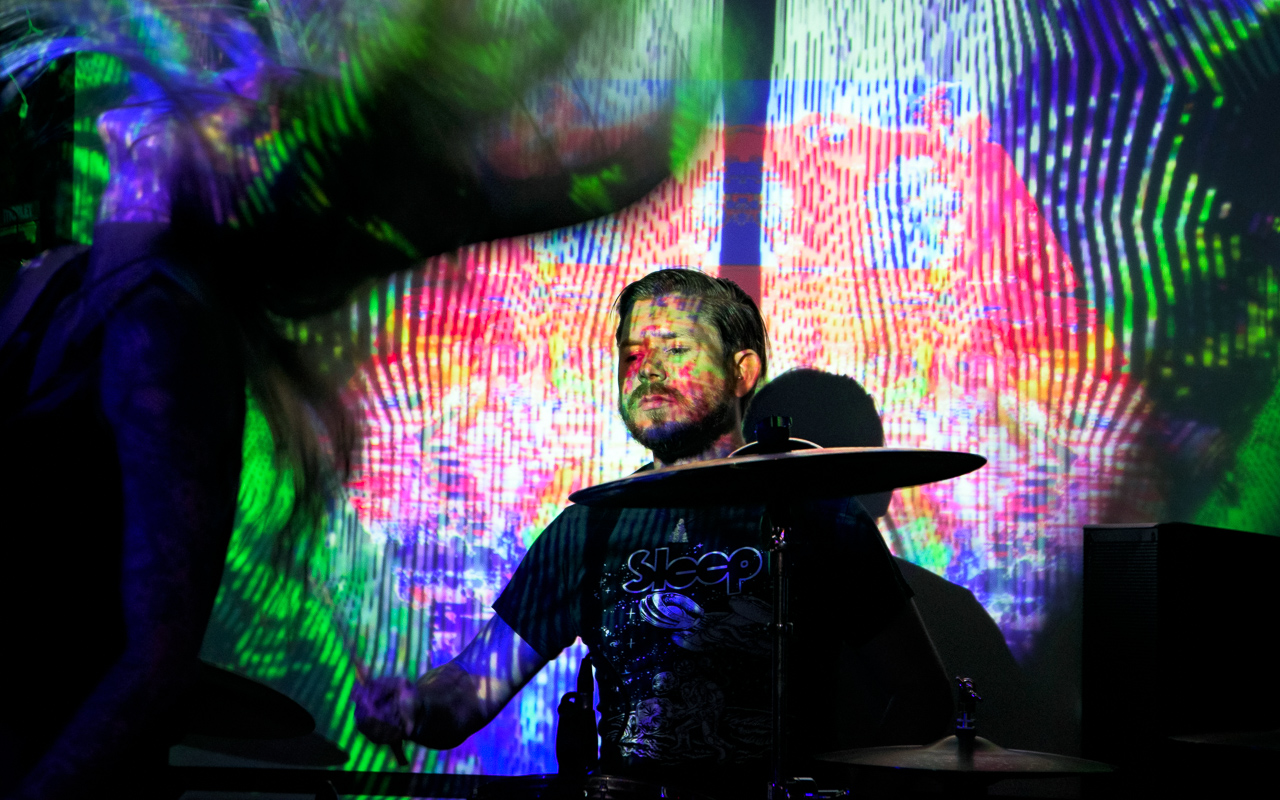
Are any of you involved in any other bands or do you have any active side-projects going on at this point?
Brian: I also play guitar and sing in a country-rock cover band called Whiskey Red and I’ve got a couple of other potential projects in the works but right now is unfortunately a tough time to be starting new bands.
Let’s end this interview with some of your favourite albums. Have you found something new lately you would like to recommend to our readers?
Jade: My list of favorite albums is always obnoxiously long, absent of something obvious and essential, and evidence of my mood swings. We’ll try to avoid things that would be obvious to fans of our genre. Sir Lord Baltimore – ‘Kingdom Come’, Buffalo – ‘Volcanic Rock’, Jefferson Airplane – ‘Surrealistic Pillow’, Christian Mistress – ‘Possession’, Sisters of Mercy – ‘Floodland’, Grave – ‘Into the Grave’, and of course, Hoez With Attitude – ‘Livin’ in a Hoe House’. Albums/artists I’ve been really excited about: Overdose – ‘Two Wheels and Gone’, Mrs. Piss – ‘Self Surgery,’ Old Blood – ‘Acid Doom’, Maggot Heart – ‘Mercy Machine’ (still swooning over ‘Dusk to Dusk’).
Brian: I haven’t been listening to much heavy music lately, but some favorites I’ve been spinning: King Sunny Ade – ‘Juju Music’, Jimmy Cliff – ‘The Harder They Come’, Bohren and Der Club of Gore – ‘Patchouli Blue’, Miles Davis – ‘In a Silent Way’, and King Gizzard and the Lizard Wizard keeps coming out with great records.
Jack: Failure – ‘Fantastic Planet’, Pink Floyd – ‘Piper at the Gates of Dawn’. I know Jade said we’d try to avoid obvious things but Sleep’s ‘Dopesmoker’ really is the blueprint for me. I spent like a year and a half listening to that album in pieces and analyzing it. Two things I recently discovered that I think are “metal” but aren’t actually metal are Anthony Braxton’s ‘For Alto’ album and the music of the indigenous people of Baffin Island.
“Vinyl’s got that fat low end so it captures the sonic onslaught of our genre best.”
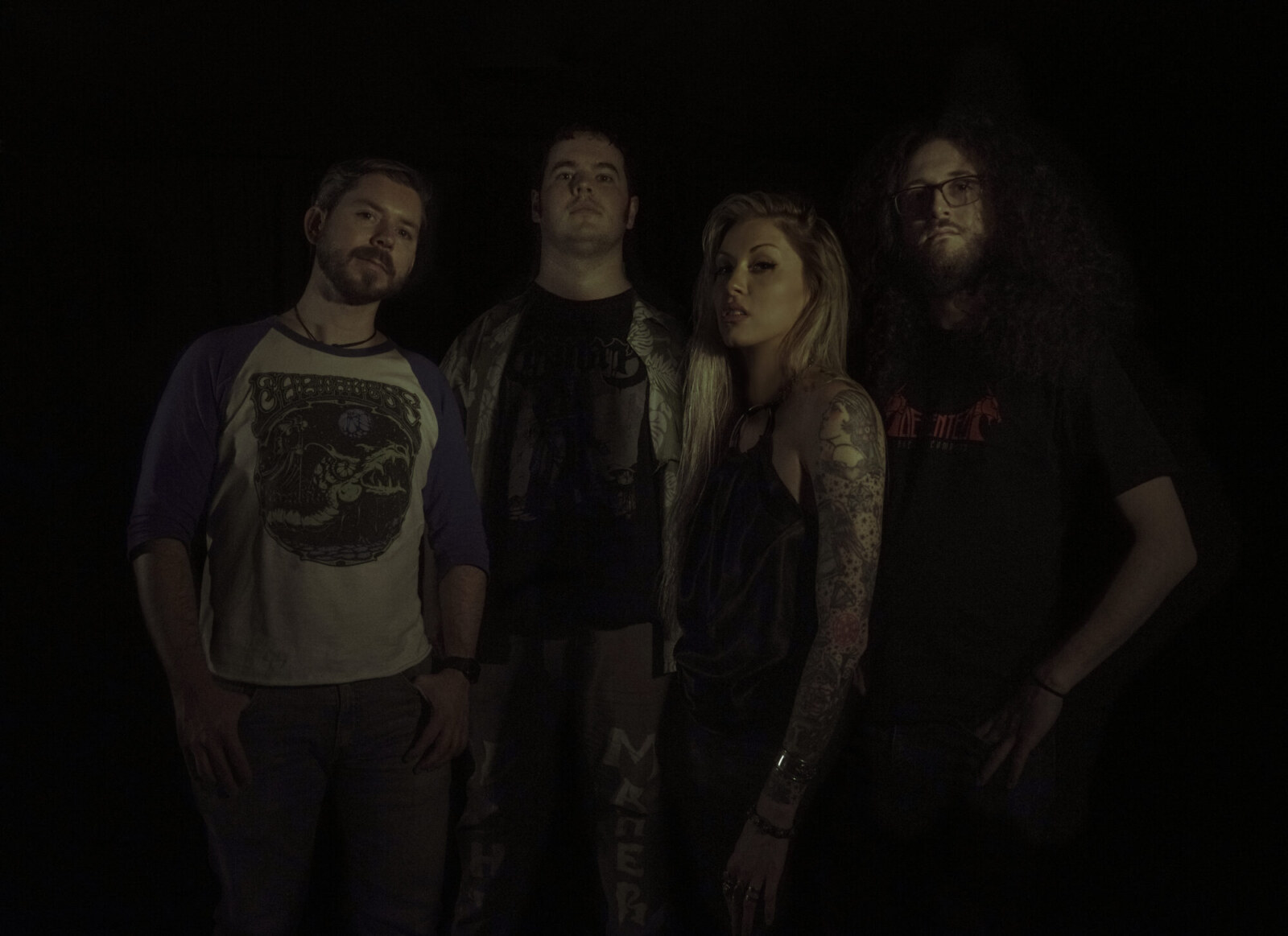
Thank you. Last word is yours.
Jack: First of all, thanks for having us. Your magazine is so great. I’ve been a psych head since I was in college but I’ve discovered some really great stuff through you. Secondly, we’re hawking vinyl copies of our record, which are purchasable in the US via our Bandcamp page and in the EU through DHU Records. Vinyl’s got that fat low end so it captures the sonic onslaught of our genre best.
Lightmaker: 2020’s been a rough, doomy year for just about everyone. We hope our doomy music, rather than just being apropos of the times, offers some catharsis for whatever you’re going through. There’s something meditative about cranking up your stereo and letting huge resonances vibrate your body and soul. And though we still can’t go to concerts, being able to listen from home allows you to immerse yourself in sound without tinnitus-inducing sound pressure levels.
Klemen Breznikar
Lightmaker Facebook / Instagram / YouTube / Bandcamp
DHU Records Facebook / Instagram / Twitter / Bandcamp / Bigcartel

